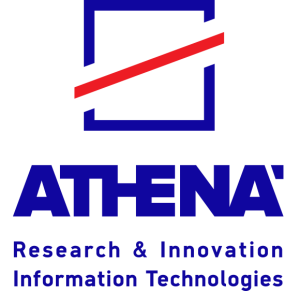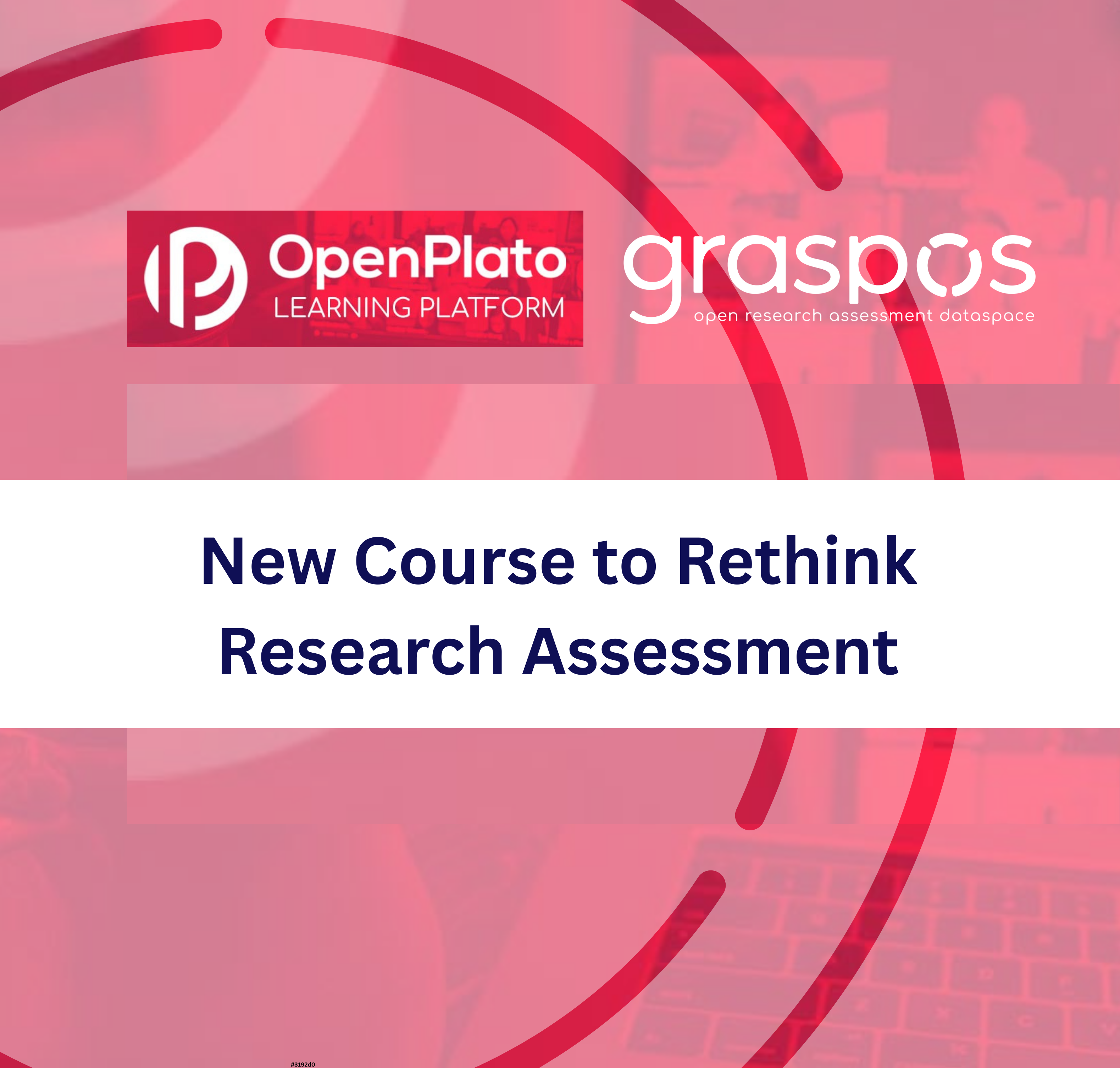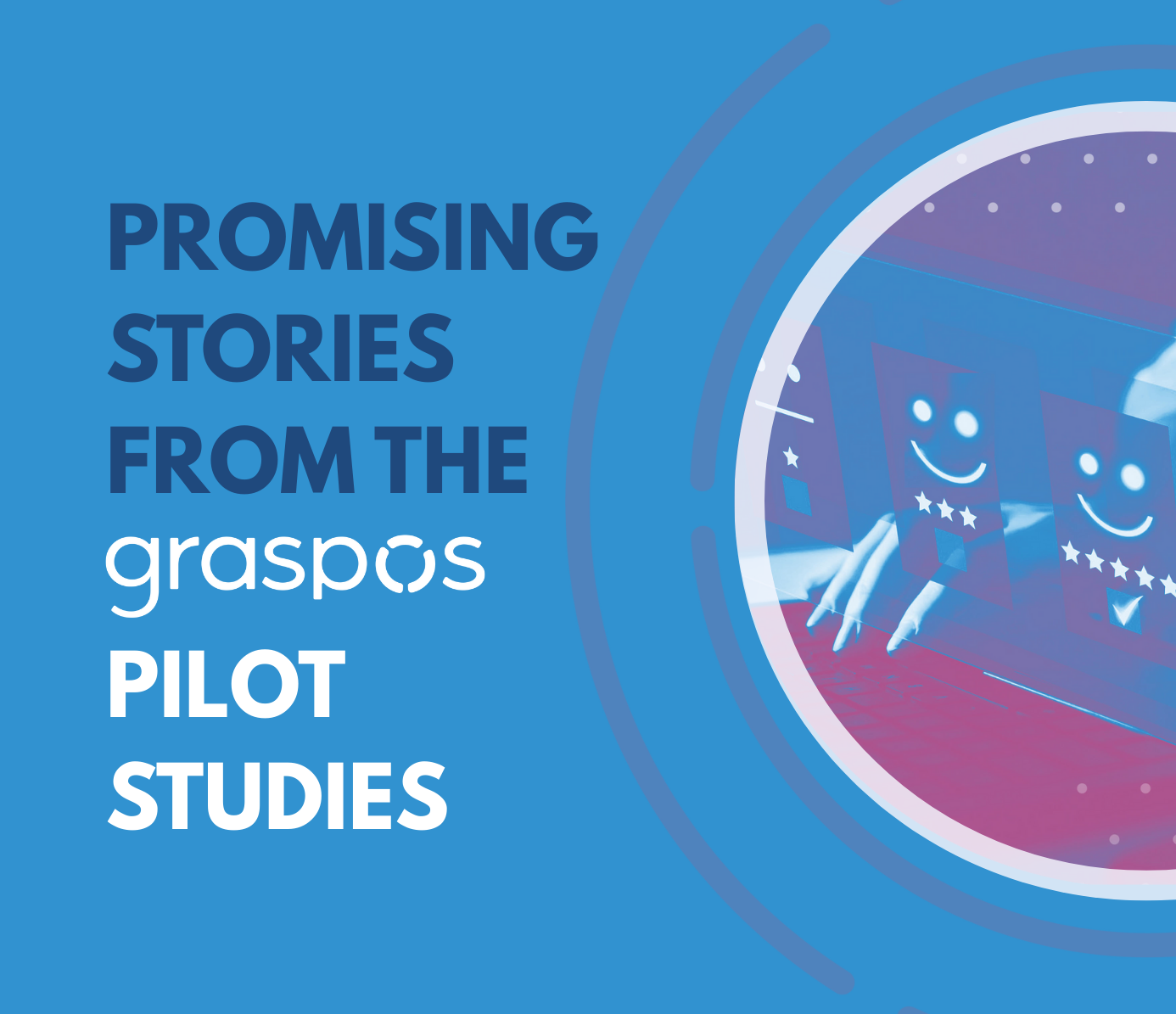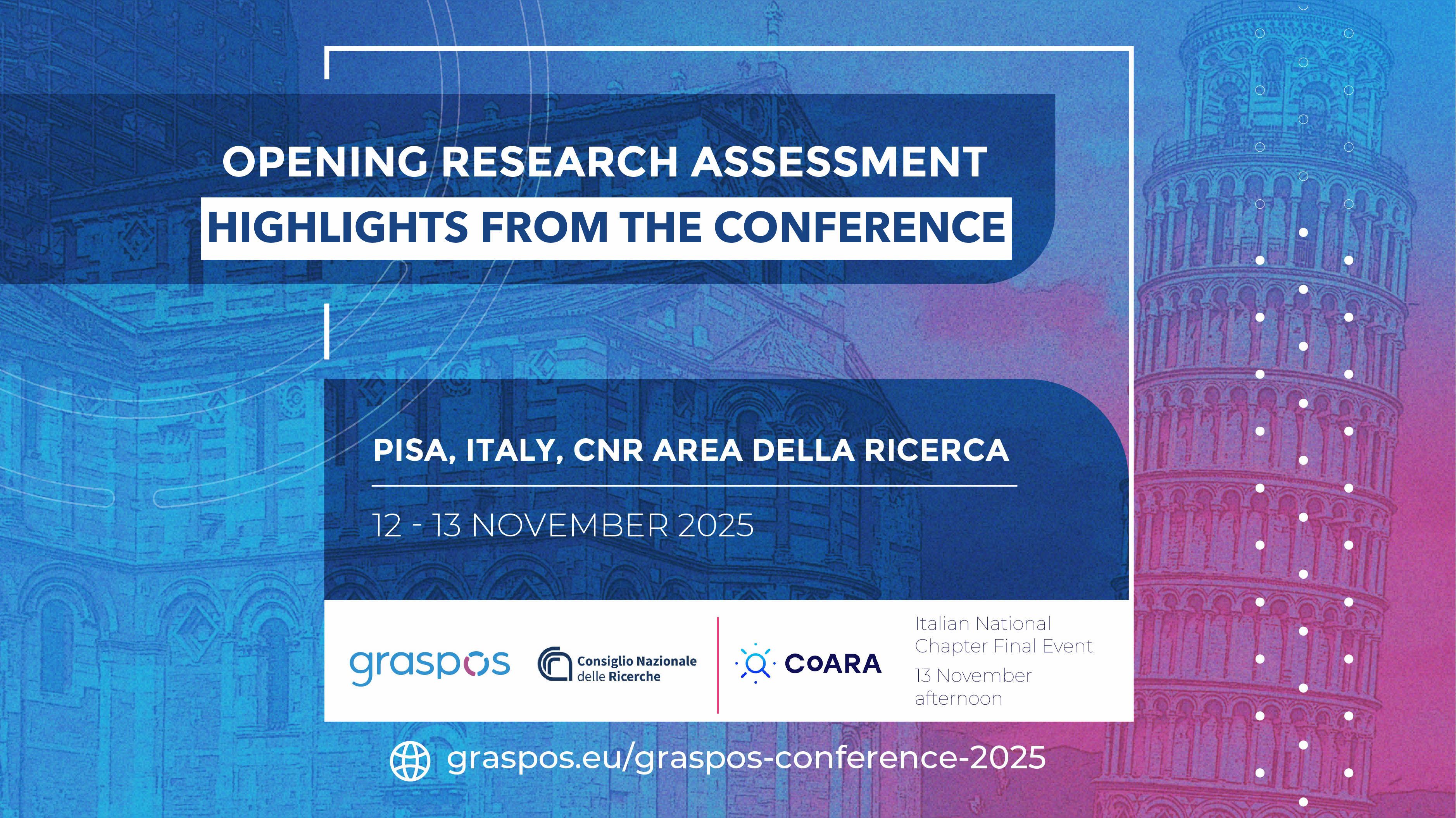GraspOS Chats #12 Get to know Serafeim Chatzopoulos
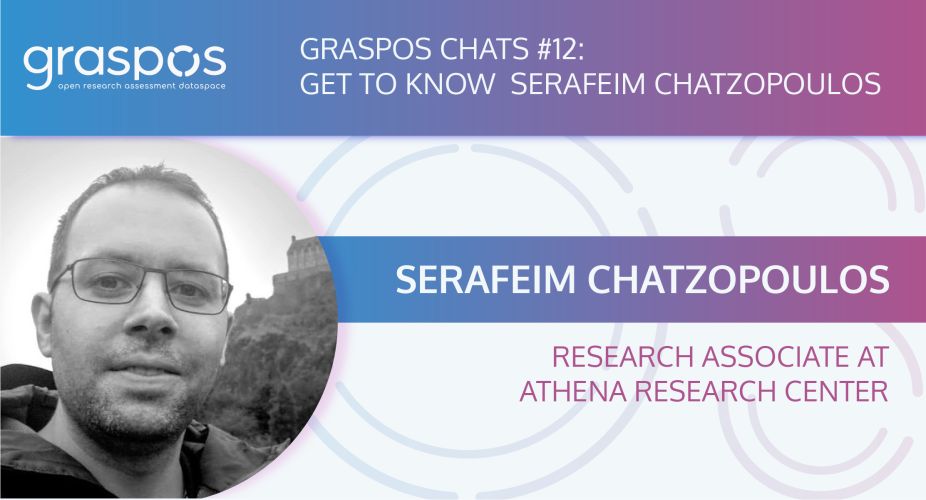
IN THIS SERIES OF INTERVIEWS WE FEATURE GRASPOS MEMBERS TO PRESENT THE PEOPLE BEHIND THE SCENES. WHAT IS THEIR ROLE IN THE PROJECT, THEIR BACKGROUND, AND THEIR VIEW ON THE NEED FOR AN OPEN SCIENCE-AWARE RESPONSIBLE RESEARCH ASSESSMENT SYSTEM?
In this interview, we welcomed Serafeim Chatzopoulos, research associate at Athena Research Center, to discuss achievements and remaining challenges in terms of advancing Open Science-aware responsible research assessment.
You can also follow Serafeim on LinkedIn.
Serafeim, can you tell us more about yourself and your work in graspos?
Currently I am working at Athena Research Center as a research associate. I hold a PhD in Computer Science from the University of the Peloponnese, Greece, where my research centered on data mining techniques for analysing scholarly knowledge graphs. My work combines scientific data management, network analysis, and Open Science principles to enhance research evaluation methods.
Within the GraspOS project, I support the design and implementation of the GraspOS infrastructure, ensuring a federated, scalable, and Open Science-aware research assessment ecosystem. Additionally, I contribute to the development of BIP! Services, a suite of tools that facilitate scientific knowledge discovery and research assessment for researchers.
what are the most significant achievements you have been part of so far?
One of the most significant achievements this past year has been the major extension of BIP! Scholar, a platform that empowers researchers to create detailed profiles and gain deeper insights into their research. It generates comprehensive assessment reports using data from scholarly knowledge graphs (such as the OpenAIRE Graph) and ORCID, covering different aspects of their work (e.g., productivity, impact, career stage) while considering the different roles of researchers in the respective research outputs (according to the CRediT taxonomy). BIP! Scholar also supports narrative CVs and various templates tailored to specific research evaluation needs, helping researchers and institutions organise and present evidence in line with assessment criteria while showcasing their achievements according to Open Science practices.
This milestone stands out because it directly supports Open Science-aware Responsible Research Assessment (OS-aware RRA) by providing transparent, data-driven insights into researchers’ activities. By integrating the aforementioned features, BIP! Scholar aims to be widely adopted and play a vital role in fostering a more inclusive, fair, and transparent Research Assessment ecosystem.
What challenges have you or your team faced, and how did you overcome them?
One of the main challenges we faced was designing BIP! Scholar to meet the diverse research assessment needs of institutions, researchers, and evaluators while ensuring a user-friendly experience. The platform needed to be adaptable to different evaluation criteria across various disciplines while maintaining an intuitive interface. To address this, we developed customisable templates and ensured the platform’s flexibility, making it possible to align with specific assessment needs and Open Science practices. Another key challenge was integrating and harmonising data from multiple scholarly data providers, such as OpenAIRE Graph and ORCID, while ensuring data consistency and accuracy; this required careful technical coordination to guarantee seamless data flow and meaningful insights.
Ongoing challenges include ensuring continuous and timely data updates to reflect the latest research activities, as well as enhancing data visualisation to provide a more user-friendly experience. Additionally, driving widespread adoption of the platform, especially across diverse research communities, remains a key challenge.
Are there any lessons or insights from the project that you think will have a strong impact on future initiatives or similar efforts? If you could highlight one key contribution of GraspOS to supporting an Open Science-aware research assessment system, what would it be?
Looking forward, GraspOS will leave behind a legacy of advancing Responsible Research Assessment by promoting transparency, inclusivity, and adaptability in evaluating different research activities. The project’s focus on integrating Open Science practices into research evaluation has the potential to reshape how researchers, institutions, and policymakers assess scholarly contributions.
The key contribution of GraspOS to supporting an Open Science-aware Research Assessment system is its commitment to developing an Open and Federated Research Assessment Infrastructure that connects diverse data sources, services, and tools, allowing for more accurate, comprehensive, and transparent assessments that move beyond traditional publication-based metrics.
On a lighter note, what Is your favorite way to relax and recharge after a busy week?
I like spending quality time with friends; we often do something simple but meaningful, like grabbing a coffee, or going for a hike. I also love going on short weekend trips to discover new places.
Thank you for your time, Serafeim!

